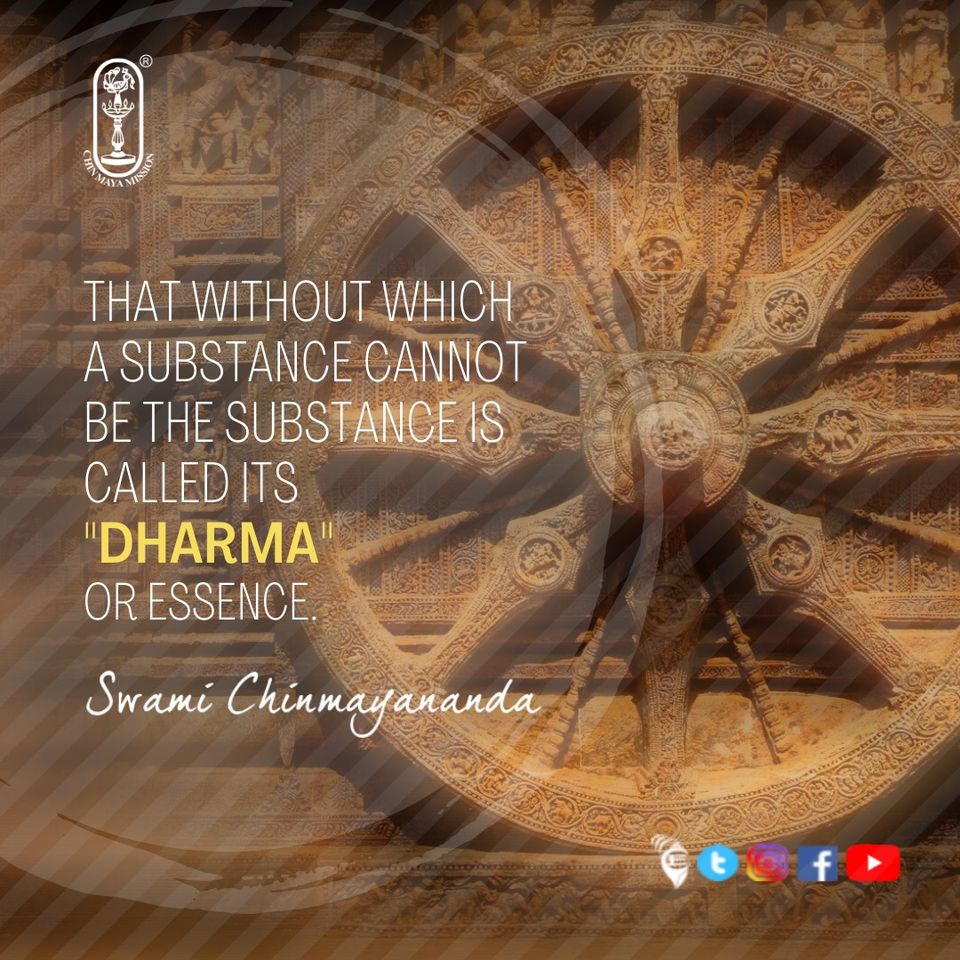A Study of the Bhagavadgita : 28 - Swami Krishnananda.
Saturday 11, May 2024 06:57.
Chapter 6: Sankhya – The Wisdom of Cosmic Existence - 7.
Post-28.
================================================================================
Yajnavalkya says, "What you say is correct because the offering is a limited, finite substance. It may be some charu, some ghee, or some preparation like porridge; it is a perishable unit indeed. The altar is also a limited substance. Where is the unlimitedness there? How would heavenly enjoyment or immortality accrue to the performer if perishable objects are offered at a perishable altar? The perishable nature vanishes and the impershability implied in the performance of the yajna manifests itself, provided the yajnamana at the same time contemplates the divinity that is between the adhyatma and the adhibhuta. If the yajna or action, or whatever it is, is performed minus the consciousness of the adhidaiva, then it becomes a perishable deed."
So yajna, even done ritualistically, is a great thing, and you can offer material substance, as is done usually in sacrifices, as symbols of your gesture of offering to the divinity; or yajnas can be performed only mentally. Agastya, as is told to us in the Mahabharata, seems to have performed a great yajna without any material whatsoever – no alter, no vessels, no ghee, no charu, no porridge, no yajamana, no priest, nothing was there. He was sitting there contemplating the whole process, and it produced the result. Mental action is more powerful than physical action, but physical action can also assume meaning if the mind is connected with it. So yajnas can be outward or inward, and in the Fourth Chapter it will be mentioned how varieties of yajnas are possible – dravya yajna, yoga yajna, and so on.
The point is that this yajna principle which was apparently instituted by God Himself at the time of creation, as is mentioned in this verse, implies that you are bound by a bond of sacrifice to the universal Whole right from the birth of your personality. That is, you are duty-bound. This is an emphasis further laid on what is already said in the Second Chapter. You cannot be free from the obligation of duty because the gods sustain you, and you are supposed to be grateful to them. The adhidaiva is sustaining the adhibhuta and the adhyatma connection. If the divinity adhidaiva surya prapancha, or the power of the solar existence in the sky – which is controlling the process of visual perception – is not to act, you will not see anything in the world. The world is not jumping into the eyes; the eyes also do not contact the objects outside. Both are physical in their nature, but there is conscious perception taking place when we open our eyes and see things. This conscious perception is made possible by the action of a principle between the object outside and our own sensory organs. In the case of vision, it is supposed to be surya. The solar existence is the reason behind our vision, and many other divinities are connected with other organs.
So whoever consumes things for himself, without being grateful to the gods who are responsible for his very existence, is a thief. The benefits that accrue to you in this world are the gifts of the gods. It will be so if you appreciate that the adhidaiva is controlling you, even when you breathe. The connection between you and the world, which is what you call life in this world, is actually caused by the action of something which is neither you nor the world outside. Should you not be grateful for that? Gratitude is the greatest virtue. If you are not even conscious of the gifts that you receive from the higher sources and imagine that you are the doer and the enjoyer, while you are neither the doer nor the enjoyer because it is the adhidaiva that is actually pushing you and making you an instrument of action in the world, you are considered as a grabber, as a thief.
*****
Continued
=============================================================================================










Comments
Post a Comment